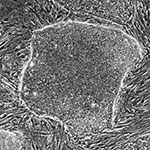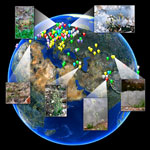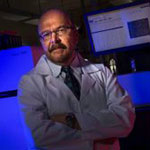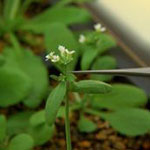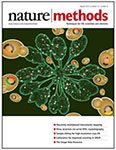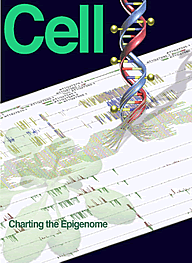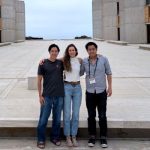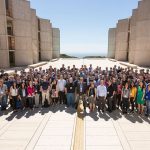Welcome to the Ecker lab
Epigenetic Processes in Plants and Mammals
The Ecker lab studies plant, mouse, and human cells to decipher epigenetic processes during development and disease. Combining newly developed methods with genome- and methylome-sequencing, Ecker’s lab group examines changes in the epigenome, exploring, for example, how adding molecules such as methyl or hydroxy-methyl groups to the backbone of DNA can help cells fine-tune gene expression. Much of the team’s work on mouse and human epigenomics is focused on the brain. By understanding how the genome and epigenome communicate with one another, they aim to untangle the complexity of regulatory processes that underlie both normal development and disease.
Lab News
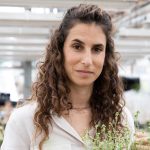
Read more »
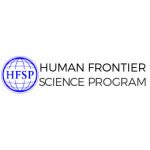
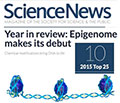



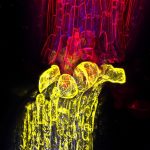
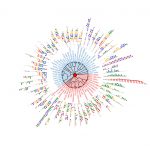
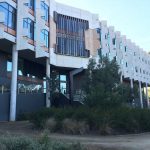
First day @latrobe AgriBio! Incredible modern building and acres of growth space. My office needs some plants tho. pic.twitter.com/kb1AcR14lw
